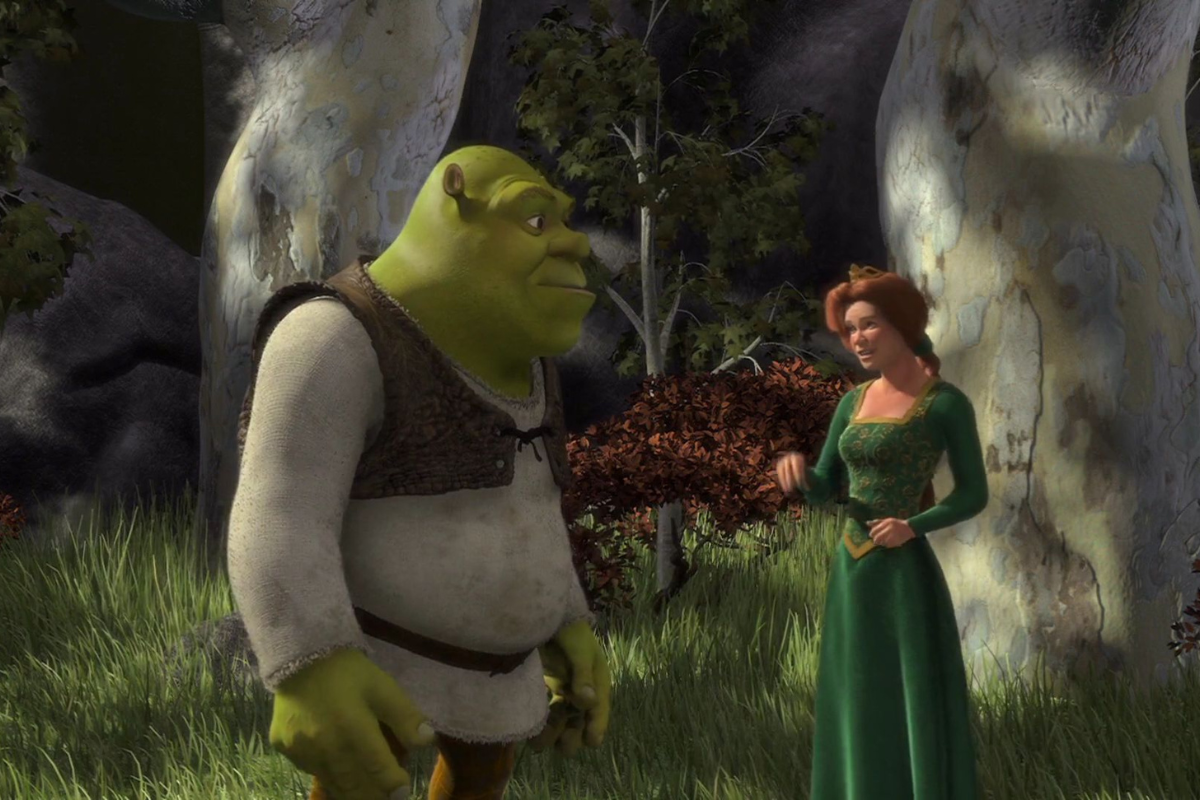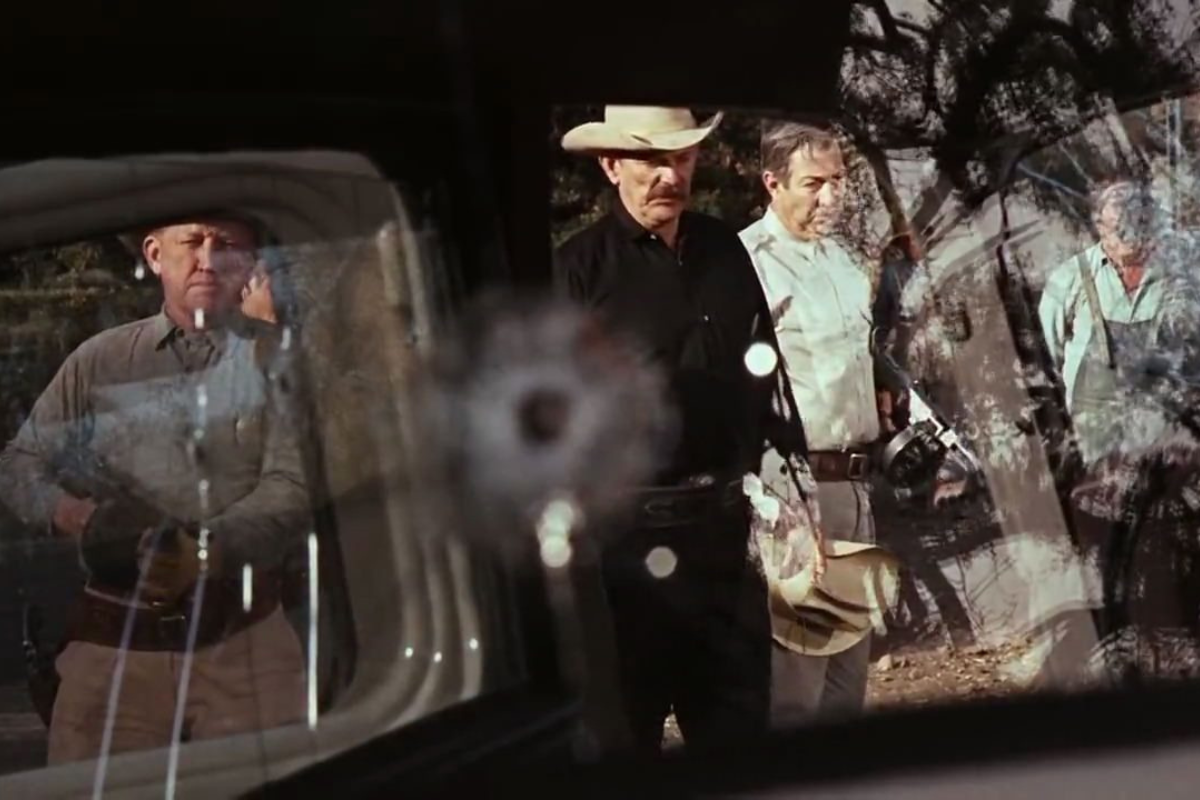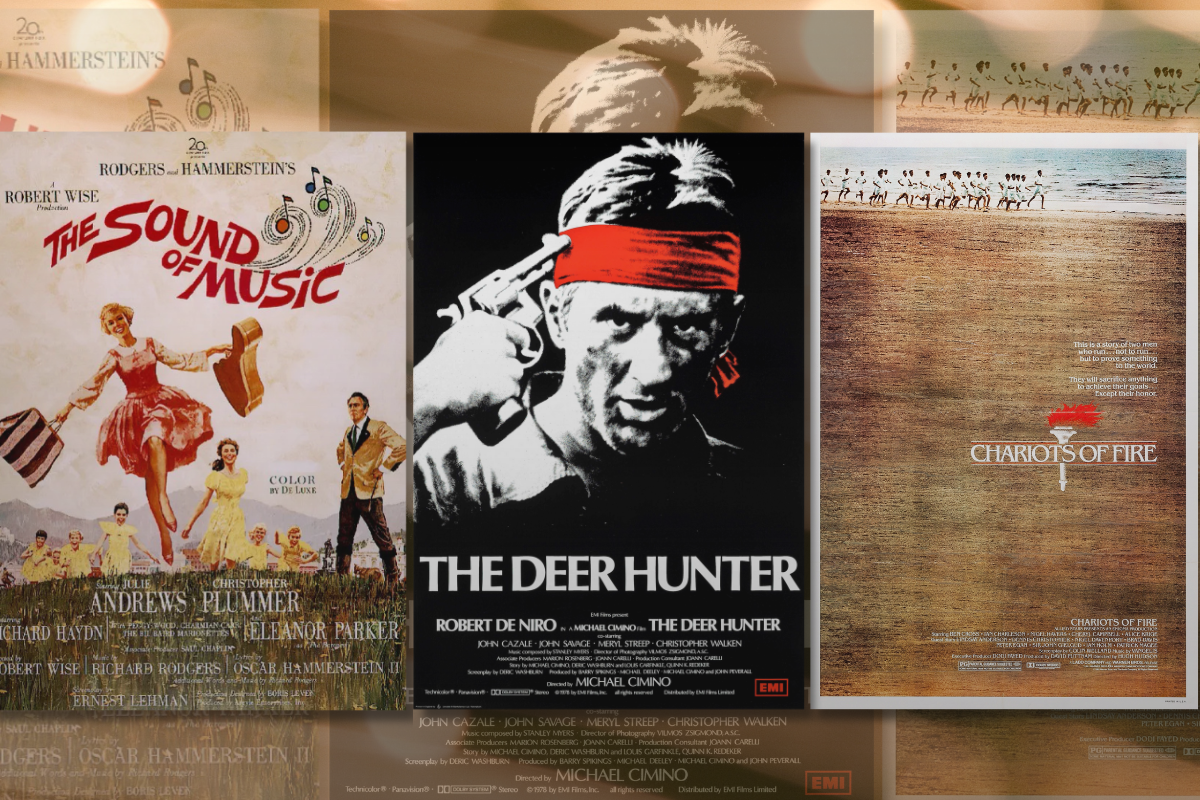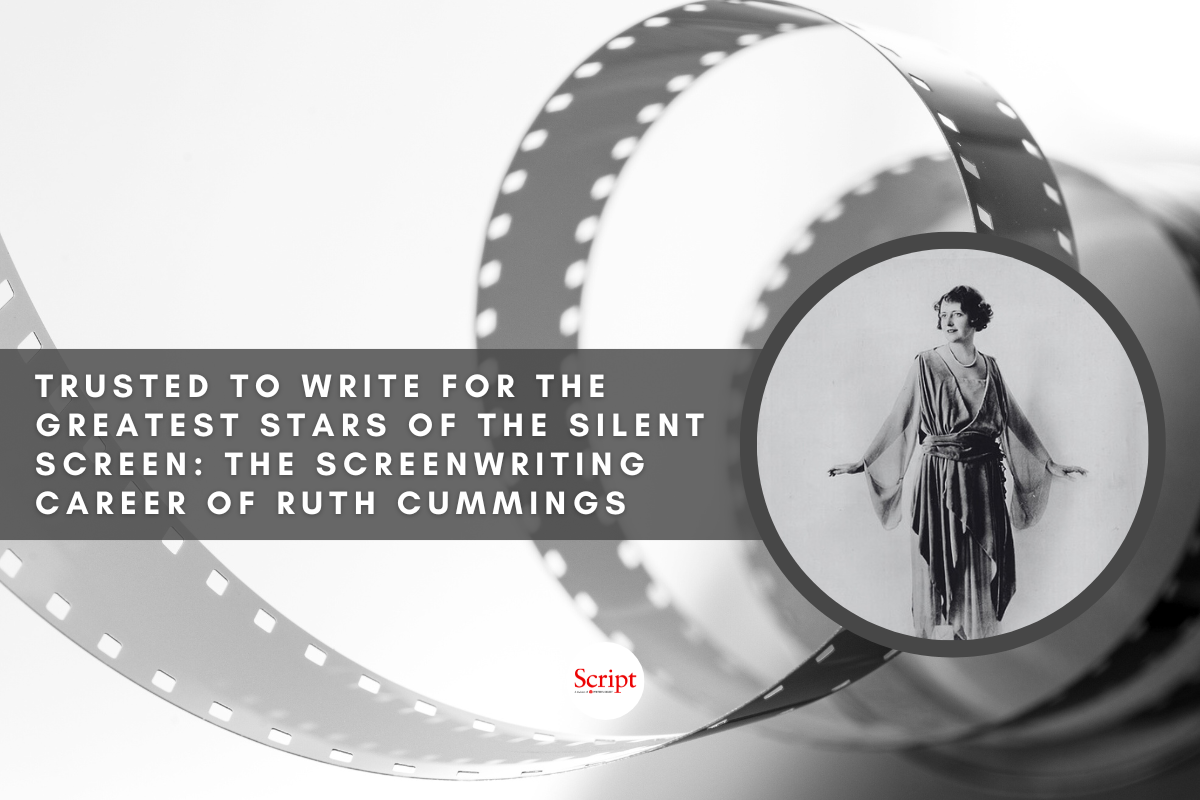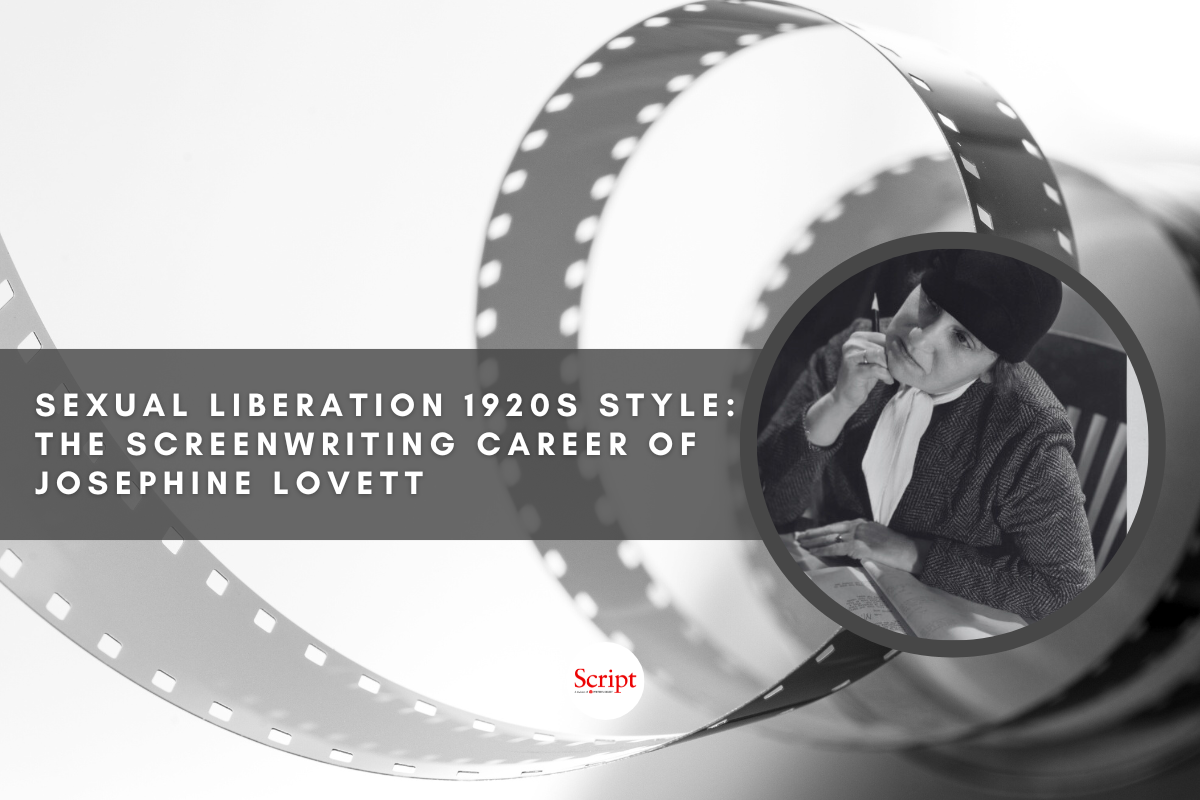Screenwriter Sarah Yeiser Mason – The Little Woman that Wrote ‘Little Women’ Well
Script contributor Dr. Rosanne Welch celebrates the female screenwriters who came before us with this month’s spotlight on Academy Award winning screenwriter and trailblazer Sarah Yeiser Mason.
Greta Gerwig isn’t the only female screenwriter to have earned an Academy Award nomination for an adaptation of Little Women. Sarah Yeiser Mason won the Academy Award for her screenplay to the 1934 version. It was also nominated for best picture; ranked number five on Film Daily Top ten list of films that year, and Katherine Hepburn was named Best Actress at the Cannes International Film Festival for playing Jo. Little Women earned $800,000 in profits, becoming one of RKO’s biggest hits of the decade.
Yet the vast majority of information about Mason’s early professional life is found in a sixty-five-page oral history given by her husband and sometimes professional writing partner, Victor Eugene Heerman in 1976, so her side of the story was never recorded.
Before they teamed up Mason had already written several films after beginning in the film business as a continuity person on the 1918 Arizona. When Douglas Fairbanks was in Tucson shooting a film anecdotal history tells us that he saw Mason at a musical comedy and asked her to join his acting company. She came to the set the next day but suggested the job of “continuity girl” instead as she did not want to become a movie star. Mason essentially invented to craft of being in charge of making sure directors are following the storyline in an understandable way. It equates to a modern-day script supervisor.
Mason met Heerman when he was searching for a comedy writer for an Owen Moore film. Thomas Ince’s oldest brother John Edward Ince directed a film Held in Trust (1920) for which Mason had written. Mason already had writing credits for Bright Skies (1920) and Heart of Twenty (1920), starring ZaSu Pitts, a major comedienne of the era. Heerman had served mostly as a director starting in 1916.
The two decided to collaborate with their first two scripts together, The Chicken in the Case (1921) and A Divorce of Convenience (1921) satisfying Heerman’s two-picture agreement with Selznik Pictures Corporation. With that move, Mason and Heerman established themselves as an effective writing team. As to their relationship, Heerman recalled, “So wasting time and not working on anything, we went out and got married, and ZaSu and Jack Pickford were the best man and maid of honor.” Eventually, they had one daughter and one son and remained married until Heerman’s death.
Heerman continued co-writing with Mason while also directing such films as Animal Crackers (1930). As a long-time lover of Shakespeare and classic literature, Mason segued them into adapted stories. Together they are credited with adapting Edith Wharton’s The Age of Innocence (1934); J.M. Barrie’s The Little Minister (1934); Olive Higgins Prouty’s Stella Dallas (1937) and Clifford Odets’ Golden Boy (1939) while writing such film classics as Magnificent Obsession (1935) from scratch. Clearly, her love of literature guided their choice of projects and success with adapting such American standards.
Sadly, Sarah Y. Mason died on November 28, 1980. Though she outlived her husband by three years, it was he who Anthony Slide interviewed for the oral history because of his work as a director. Heerman’s memory at eighty of how the couple worked together fifty years or more earlier is the predominant evidence of Mason’s existence. Yet he tended to take fuller credit for their success, even noting that he often told Mason what to write. Therefore, as so often occurs in the life of a working wife, the complete picture of Mason’s contributions to film history is likely gone forever.
If you’d like to learn more about the women highlighted in this column, and about the art of screenwriting while earning your MFA, our low residency Stephens College MFA in TV and Screenwriting is currently accepting applications.
Learn more about the craft and business of screenwriting from our Script University courses!
Dr. Rosanne Welch, Executive Director of the Stephens College MFA in TV and Screenwriting, has television credits including Beverly Hills 90210, Picket Fences, ABC News/Nightline and Touched by an Angel. Her award-winning publications include When Women Wrote Hollywood and Women in American History (on the ALA list of 2017’s Best Historical Materials). Welch is Book Reviews editor for Journal of Screenwriting; on the Editorial Boards of Written By magazine and California History Journal and gave a 2016 TEDxCPP talk: “The Importance of Having a Female Voice in the Room”.
Find Dr. Rosanne Welch online: Instagram @drrosannewelch | YouTube DrRosanneWelch | Stephens College MFA Twitter @mfascreenwriter


